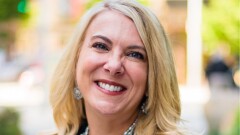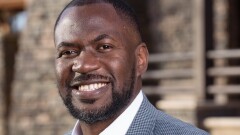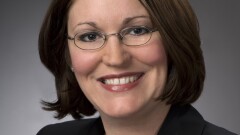2020. What a year.
Will 2021 be as tumultuous? Hopefully not. But it will likely be eventful as key industry players, regulators, advisors and others are poised to change the business.
The list below identifies those with potential to be the industry’s changemakers next year. Some are veterans of the business, others working to change it from the outside.
The staff at Financial Planning compiled the list by reflecting on who were this year’s newsmakers — and who would likely make headlines in 2021. We’ve done this several years running now, and each time we’ve debated, we’ve argued and we’ve ultimately produced what is admittedly an informed but subjective take.
(You’re encouraged to judge for yourself if
Scroll through to see who’s set to have a big impact on wealth management next year, and why.


























